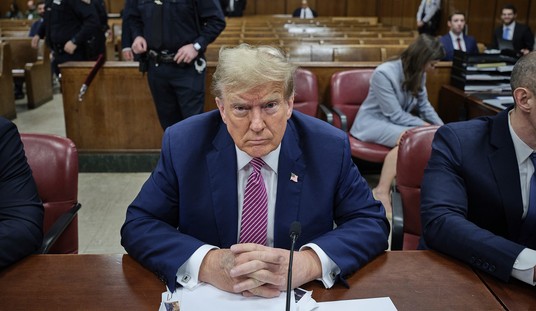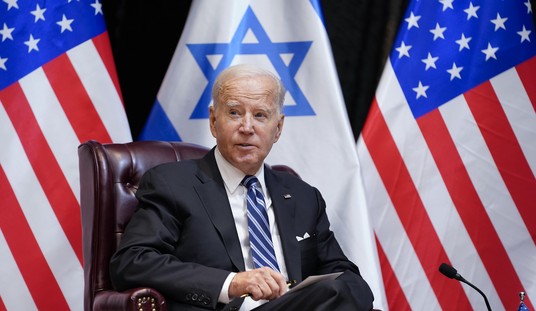Four Republicans -- Senators Tom Coburn of Oklahoma and Richard Burr of North Carolina along with Congressmen Paul Ryan of Wisconsin and Devin Nunes of California -- have fired the first salvo in the great health care reform debate.
They've introduced the Patients' Choice Act. Now, although we have a pretty good idea of what Democrats have in mind, we await crystallization of their ideas into legislation.
The difference of approach of the two parties on health care rides on the same basic question that divides the country and the parties on everything else. Are the problems we're facing today the result of too much government intervention in our economy and our lives or not enough?

The Patients' Choice Act reflects Republican thinking that health care costs are out of control and, as result, not affordable for many, because of too much government. It allows Americans to take direct control of their health care expenditures by giving families and individuals cash in the form of a tax credit ($5700 and $2300 respectively) to buy insurance and set up a Health Savings Account.
Democrats will take things in the opposite direction. Rather than controlling costs and access through more competition and consumer control, they see it coming from more government and regulation. Mandates on employers to provide insurance, fines if they don't, and using those funds to finance a new subsidized government plan.
And central to cost control are government bureaucrats defining what procedures may be used and determining what physicians will be compensated.
I'd suggest two considerations in assessing whether today's runaway costs and inefficiencies are the result of too much government or not enough.
Recommended
First, we already have massive government involvement in health care. Practically half of all health care delivered today comes directly from government programs -- mainly those begun in the 1960's. Medicare, Medicaid, and then later the State Children's Health Insurance Program (SCHIP).
Only 35 percent of health care is paid for through private insurance. Some 87 percent of it is paid for by third parties -- either government or employers. In 1960, 60 percent of Americans' health care expenditures were out of their own pocket. Today it is 12 percent.
So massive growth in health care spending and cost escalation correlates directly with increasing government involvement in this marketplace and decreasing consumer control over their own expenditures. Does this tell you something?
Second, to see government health care at work, we don't need to look at Canada or Great Britain or Cuba. Fifty nine million Americans already have it. It's called Medicaid.
Medicaid was passed in 1965 to cover health care for poor Americans. It is a pure entitlement. If you qualify, you are covered. Government, both federal and state, pays.
Bureaucrats define what is covered and how much physicians will be paid. And, as result, there is a huge gap between being covered and actually getting health care.
On average, 40 percent of physicians won't accept Medicaid patients. They are paid less than what it costs them to provide the care. In a survey done last year by Merritt Hawkins, a healthcare manpower firm, 65 percent of physicians said reimbursements from Medicaid were less than their costs.
Merritt Hawkins did a survey this year of physicians of different specialties in fifteen different cities on acceptance of Medicaid patients. In Washington, D.C., for example, which has the highest incidence of children living in poverty in the country, only 63 percent of surveyed physicians in family practice will accept Medicaid patients.
A federal district appeals court ruled just a few weeks ago, affecting Alabama, Florida, and Georgia, that state Medicaid programs can't be forced to pay if they disagree with a doctor's decision regarding care. In this particular case, Medicaid officials disagreed with the amount of nursing care prescribed by a physician for a teenager who suffers seizures.
A study cited by Dr. Scott Gottlieb, a physician and health care expert at the American Enterprise Institute, showed Medicaid patients to be 50 percent more likely to die after heart bypass surgery than patients with private coverage or Medicare.
Move the whole nation onto a new government health care plantation?
No thanks. I'll take freedom and personal responsibility.

























Join the conversation as a VIP Member